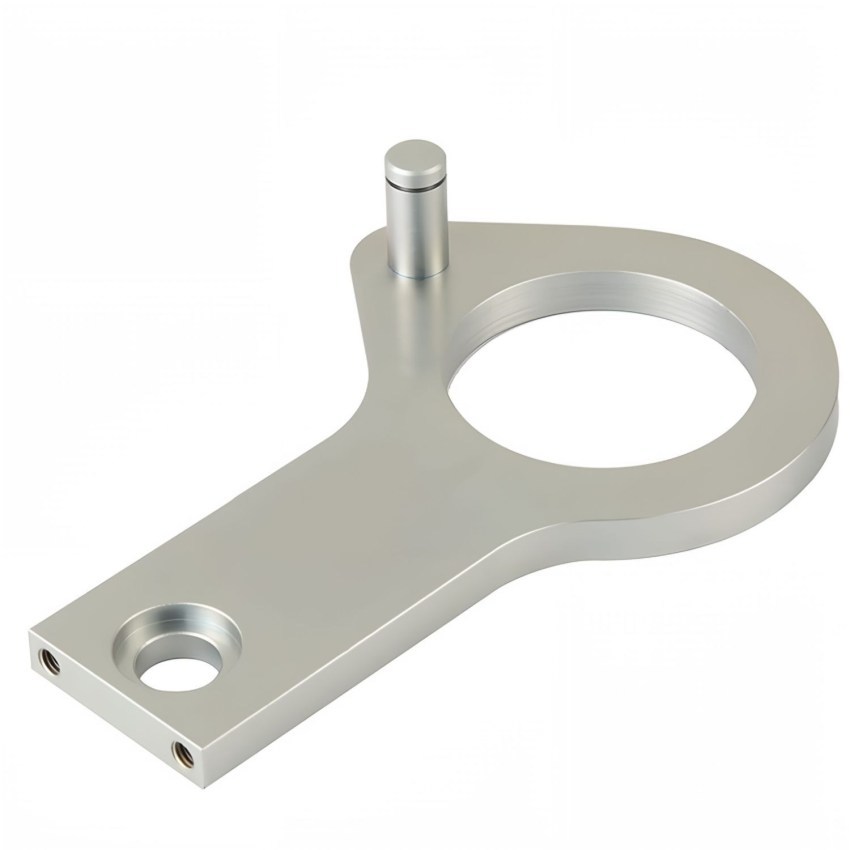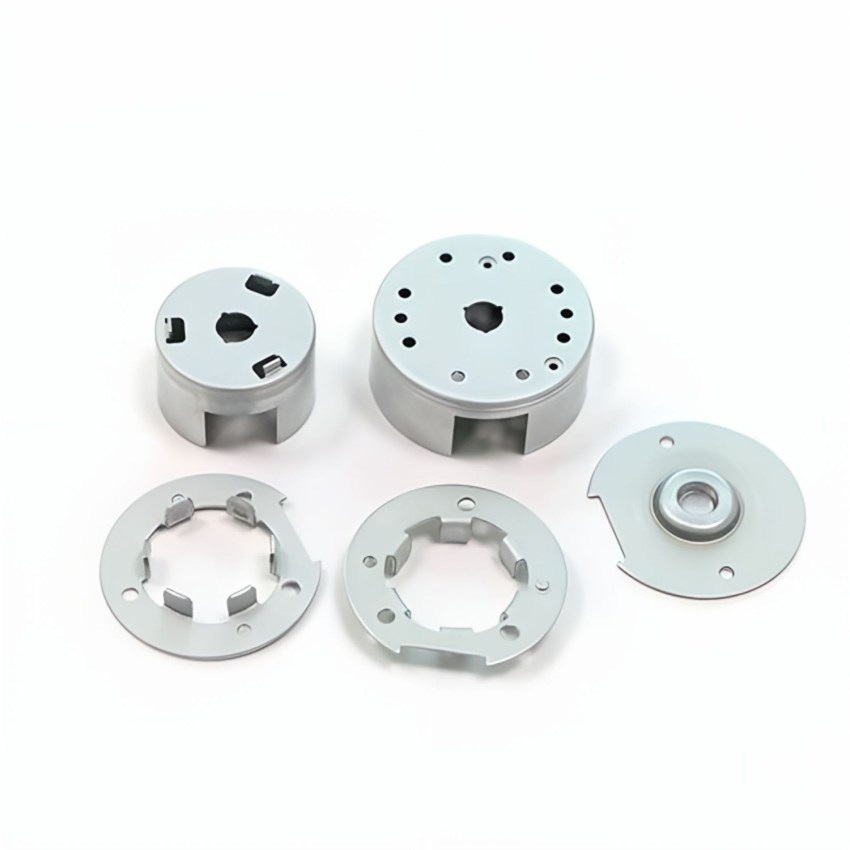Precision CNC Machining: Revolutionizing the Medical Industry
Release time:
2025-01-15
CNC machining has emerged as a cornerstone technology in the medical industry, enabling the production of intricate components with unparalleled precision and consistency. This process involves the use of computer-controlled machinery to create parts from various materials, ensuring that each component meets strict industry standards and regulatory requirements. One of the primary advantages of CN

CNC machining has emerged as a cornerstone technology in the medical industry, enabling the production of intricate components with unparalleled precision and consistency. This process involves the use of computer-controlled machinery to create parts from various materials, ensuring that each component meets strict industry standards and regulatory requirements.
One of the primary advantages of CNC machining in the medical field is its ability to produce complex geometries that are often required for modern medical devices. Components such as surgical instruments, implants, and diagnostic equipment demand high precision, which CNC machining can consistently deliver. The technology allows for tight tolerances, often within a few microns, ensuring that parts fit together seamlessly in critical applications.
Moreover, CNC machining provides significant advantages in terms of material versatility. Medical components can be manufactured from a wide array of materials, including stainless steel, titanium, and specialized polymers, each selected for their unique properties such as biocompatibility and corrosion resistance. This material flexibility enables manufacturers to meet specific performance requirements while adhering to the stringent regulations that govern the medical industry.
Another critical aspect of CNC machining in the medical sector is the efficiency it brings to the manufacturing process. Automated CNC machines can operate continuously, reducing production times and minimizing human error. This efficiency not only allows for faster turnaround times but also helps keep production costs in check, making it easier for manufacturers to respond to the increasing demands of the healthcare market.
In addition to the technological advantages, the integration of advanced CNC machining capabilities fosters innovation within medical device design. Designers and engineers can iterate quickly on prototypes, leveraging rapid prototyping techniques enabled by CNC technology. This agility in design allows for the testing of new concepts and the refinement of existing products, ultimately leading to better patient outcomes and enhanced functionality of medical devices.
Collaboration between CNC machining specialists and medical professionals is vital. Understanding the specific needs and challenges faced by the medical industry enables machinists to tailor their services effectively. Regular communication ensures that regulatory compliance, quality assurance, and design specifications are met throughout the manufacturing process.
In conclusion, CNC machining is revolutionizing the medical industry by enabling the production of high-quality, precise components that meet the evolving demands of healthcare. As technology continues to advance, the role of CNC machining in the medical field will only grow, making it essential for manufacturing professionals to stay informed about its applications and benefits. Embracing this technology will not only enhance operational efficiency but also contribute to the overall improvement of medical device performance and patient care.
One of the primary advantages of CNC machining in the medical field is its ability to produce complex geometries that are often required for modern medical devices. Components such as surgical instruments, implants, and diagnostic equipment demand high precision, which CNC machining can consistently deliver. The technology allows for tight tolerances, often within a few microns, ensuring that parts fit together seamlessly in critical applications.
Moreover, CNC machining provides significant advantages in terms of material versatility. Medical components can be manufactured from a wide array of materials, including stainless steel, titanium, and specialized polymers, each selected for their unique properties such as biocompatibility and corrosion resistance. This material flexibility enables manufacturers to meet specific performance requirements while adhering to the stringent regulations that govern the medical industry.
Another critical aspect of CNC machining in the medical sector is the efficiency it brings to the manufacturing process. Automated CNC machines can operate continuously, reducing production times and minimizing human error. This efficiency not only allows for faster turnaround times but also helps keep production costs in check, making it easier for manufacturers to respond to the increasing demands of the healthcare market.
In addition to the technological advantages, the integration of advanced CNC machining capabilities fosters innovation within medical device design. Designers and engineers can iterate quickly on prototypes, leveraging rapid prototyping techniques enabled by CNC technology. This agility in design allows for the testing of new concepts and the refinement of existing products, ultimately leading to better patient outcomes and enhanced functionality of medical devices.
Collaboration between CNC machining specialists and medical professionals is vital. Understanding the specific needs and challenges faced by the medical industry enables machinists to tailor their services effectively. Regular communication ensures that regulatory compliance, quality assurance, and design specifications are met throughout the manufacturing process.
In conclusion, CNC machining is revolutionizing the medical industry by enabling the production of high-quality, precise components that meet the evolving demands of healthcare. As technology continues to advance, the role of CNC machining in the medical field will only grow, making it essential for manufacturing professionals to stay informed about its applications and benefits. Embracing this technology will not only enhance operational efficiency but also contribute to the overall improvement of medical device performance and patient care.
Key words:




